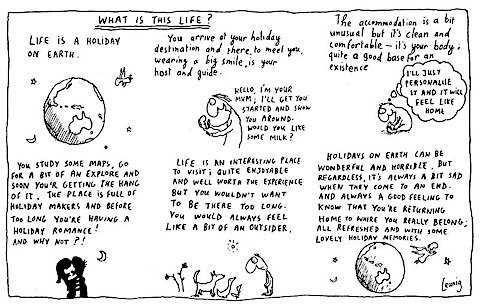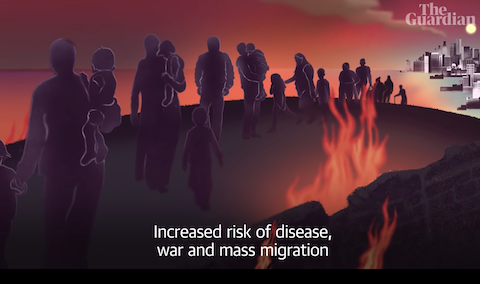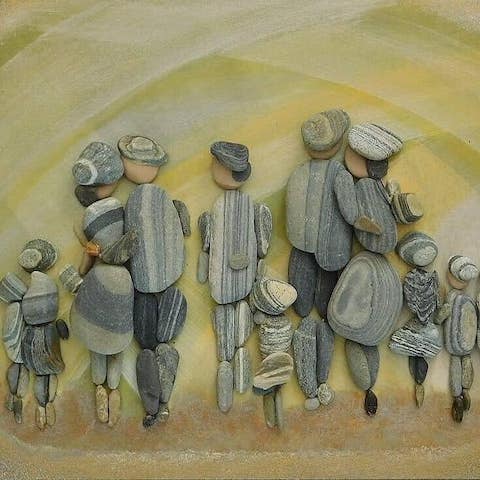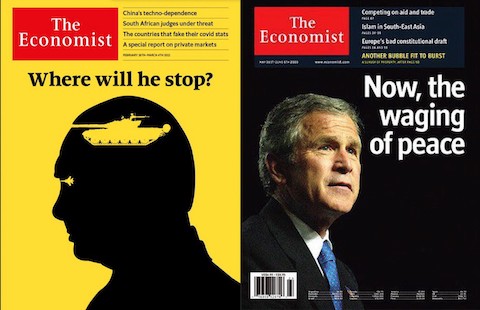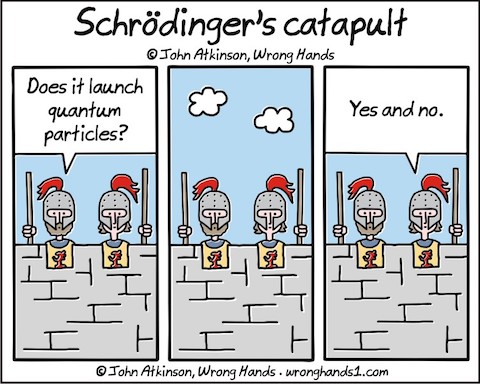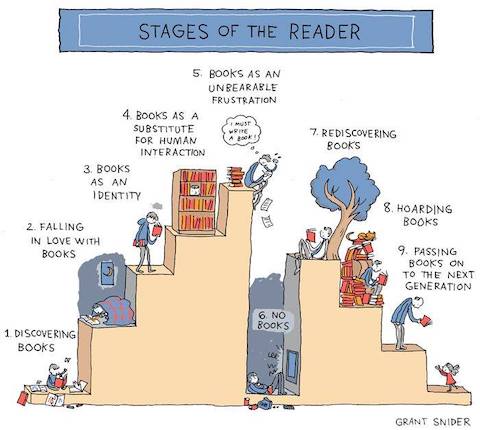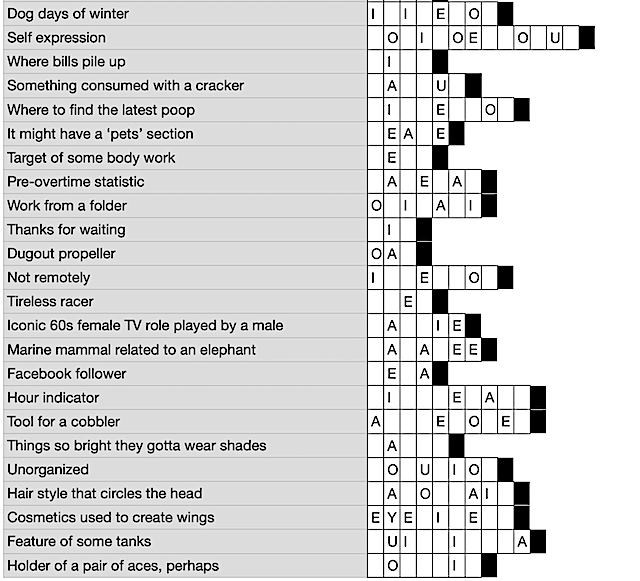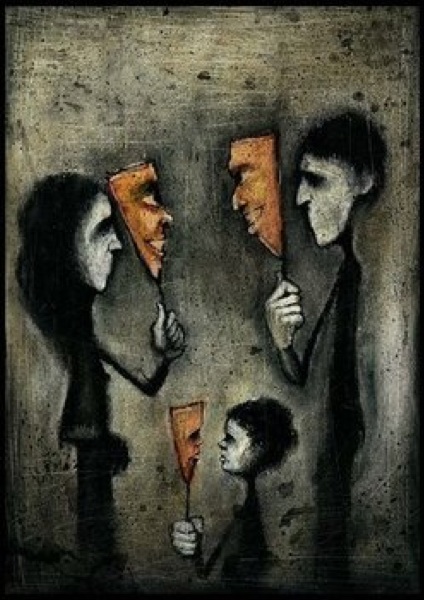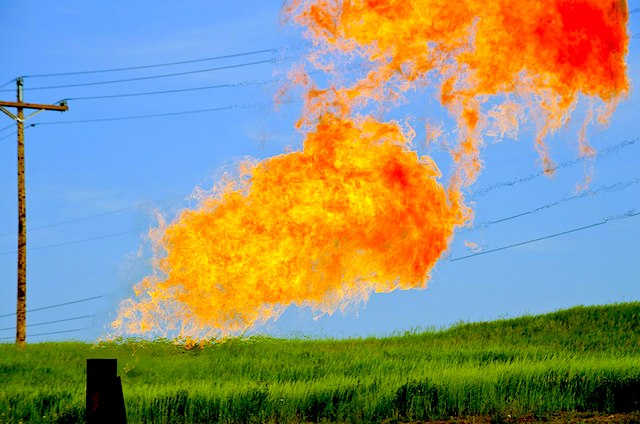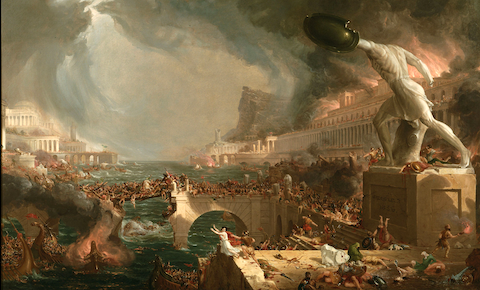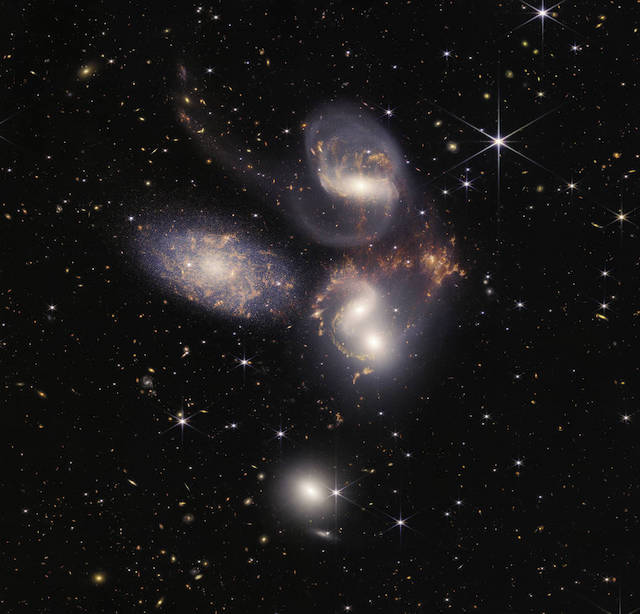This is a work of fiction.

newsroom photo by Adam Tinworth on flickr, (CC BY-ND 2.0)
I had been very lucky to land the job at The New Yorker. I had friends of friends who knew their editors. One of their senior staff had emailed me about my blog, saying he’d never run into someone with the capacity I have for coming up with so many interesting ideas drawing on material from multiple, vastly disparate disciplines. So one day I got a letter from them asking me “If you could pick ten story ideas that you’d like to read in our magazine, what would they be? These should not be just topics — we’d like to know the angle, thesis, or people/organizations to talk to, if we assigned it. If any of your ideas are picked up by the magazine, you will of course be compensated.”
And the rest was history. Four of my story ideas ran in subsequent editions, I was asked for another set, and finally I was offered a position on staff, where my job was just to come up with ideas, insights, interesting findings worth pursuing, novel perspectives, and provocative hypotheses, every day.
Some of my colleagues, who considered this a dream job without all the hard slogging and writing they had to do, were rather unfriendly, but eventually I became like part of the furniture, and just blended in.
One day I overheard a senior editor with a small group of my co-workers, speaking rather excitedly in hushed tones. I only heard a few words, but they filled me with dread. Two of the words were “Pulitzer” and the name of a small Eastern European town I knew most people had never heard of. But that was enough. I knew what was up. It was inevitable given how things were going.
As the senior editor, who I knew only slightly, passed by my desk rather nonchalantly, I could not help myself: I said “You’re not going to go along with it, are you? You’re not going to say yes?”
“What the fuck are you talking about? Not going to go along with what?”
I spoke softly enough that only he could hear me: “With another war embedding project. With putting people at risk for a story that will inevitably be dangerous, horrifically biased and used as propaganda.”
The editor was apoplectic. “Who the hell have you been talking with? What do you know about all of this? This is a maximum security project!” He then grabbed me and ordered his staff to alert the company’s management, and building security.
For the next four hours I was sequestered in a small room and grilled about everything I knew and how I had come to know it. What confidential company records had I infiltrated and how? Who was I reporting to? I kept telling them that I had talked to no one, had no access to any company records, and reported only to my boss at the magazine.
Then I was left alone with someone who appeared to be from the Pentagon, the CIA or military intelligence. He dressed the part, anyway. He was evidently a lot smarter than the others, and he actually listened to what I said. I told him that any idiot who had studied the history of recent disastrous American military adventures, would surmise that the US had already given up on the locals and decided to take the war into their own hands. The question was, how they would do it without provoking an outcry or worse. And the answer to that, just as obviously, was to embed American reporters from reputable organizations to flood the media with stories and photos about how ghastly things were on the front lines, and how that left no option but the “defensive” one of involving American “experts”, not only in “non-combat” military intelligence and training, but in directing the entire war effort, including managing the staggeringly powerful and expensive military technologies that had mostly been sold off by the local military forces to the black market, or misused so badly they had been either quickly and completely destroyed, or had fallen into the hands of the army they were fighting.
“So you’re telling me you just made an educated guess?”, he said.
“I’m sure hundreds of people following the war have already been anticipating this and are surprised it’s taken so long. Fifty billion dollars is a lot of money to throw away on a disastrous, losing effort. This was really the only option that the Pentagon and NATO had left, and embedding journalists is the only way they’ve been able to sell such an effort in past.”
“What makes you think the effort so far has been ‘disastrous’ as you put it?”
“I don’t limit my reading to the New York Times and The New Yorker. With a little digging, and a little critical thinking, you can get a pretty clear picture of what’s actually happening despite the propaganda and censorship.”
“Has it occurred to you that this ‘picture’ you’ve been getting is just the enemy’s propaganda and censorship?”
“Of course. I always consider the source before I make up my mind even tentatively about whether it’s credible, based on the balance of evidence. If you look at my writing, you’ll see that my position on the fight against CoVid-19, for example, was pretty orthodox, supporting lockdowns and mandatory vaccines and masking, to the point I lost a lot of readers who just believe everything government does is evil.”
“So you now have this speculation about what may or may not happen in terms of ‘US/NATO’ military strategy, without evidence other than a few words overheard from some hushed voices in a newsroom. What would you plan to do with that speculation?”
“If you recall my answers to my employer’s questions, what I said to them was simply a question: About whether or not the magazine would go along with ‘it’. Their outraged answer was pretty clear, even though I wasn’t clear, and can still only speculate, on what ‘it’ is. So if your question is ‘Am I going to go to other media with a scoop about embedding journalists in a newly US/NATO-led war’ my answer would be ‘Who’d believe me?’ ”
“So you’re not planning on saying anything about this?”
“I like to write speculative fiction, so I might write a novel about it, or even a short story. I would of course preface it by saying ‘This is a work of fiction’.”
He grinned at me. “I think we’re done here.” He opened the door and my co-workers almost fell in when he did so.
He turned to my editor. “I have no reason to believe anything illegal has transpired here. Thank you for contacting us. Up to you what action you choose to take, but as far as the military is concerned, nothing happened here.”
“So you’re just going to let him go? What are we supposed to do, just go on as if no breach of highly confidential information has occurred?”, my editor replied.
“If there was a breach, and I’m not convinced there was, it didn’t originate with this gentleman. I will of course have to report my concerns about your magazine’s security protocols to my superiors, but I don’t see a need for any change in strategy. As for what you’re supposed to do with him, my understanding is that you hired him as a kind of ‘idea guy’, what’s the term you used — ‘to imagine possibilities’. I think that’s his job, and he does have a pretty good imagination. Good afternoon gentlemen.”
The military guy left, and there was a long silence. Finally, my editor said to me “You’re on suspension, until an investigation on your conduct has been conducted. Any more questions, talk to HR.”
I shrugged, and, taking my jacket from the back of my chair, walked to the exit, replying “I promise not to have any more ideas until further notice.”

